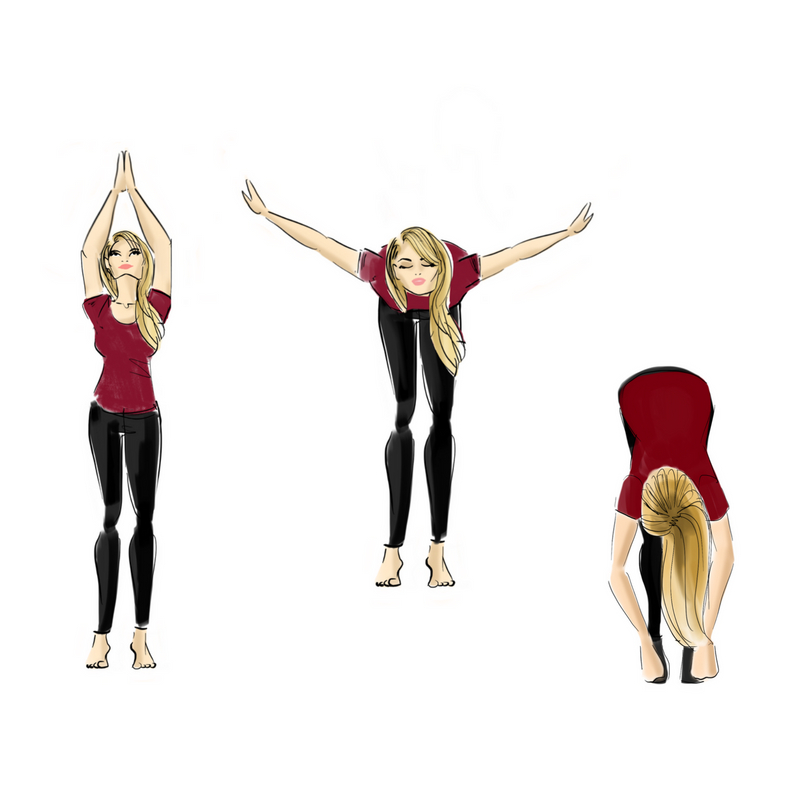Yoga, a practice that stems from the translation of the sanskrit word for connection, can sometimes be polarizing. Although at its core, yoga philosophy is about living a life of awareness and connection with yourself and your relationship to the world and other people, when some people hear the word “yoga”, they think of yoga pants, expensive studios, and privileged, able-bodied people.
After six years of being focused on modifying yoga for corporate settings, it’s my past work with people with disabilities in public schools that truly made me understand yoga at its core. Yoga is about connecting with your body and challenging yourself to find balance within. On the outside, it’s easy to glamorize this process, or even objectify it for its external beauty. Yoga poses can allow people to bend and move in ways that mystify. But it’s so much more than that.
For some people with disabilities, a simple yoga pose, like reaching your arms above your head, can be equally challenging as a handstand. And I noticed this same notion in people who work at offices and are seated constantly. They were not able to move in all the ways their body should be able to. They also had trouble being still, alone in their minds.
Yoga is about connection between your mind, breath, and body. I would equate it to mindfulness, although my teacher Lodro Rinzler insisted during mindfulness teacher training that they are different. Mindfulness is about finding an anchor, mainly the breath, and observing the mind while yoga is about connection with the body. Through this practice, we gain the ability to bring the mind back from planning or worrying or from memories that make us anxious, to a feeling of wholeness within.
The origin of asana (yoga poses) is questionable, although certain lineages and traditions have been recorded for hundreds, if not thousands, of years. What we see as “yoga” today is only one sliver of the experience, much of which has only been adopted by western cultures over the past few decades. But at its core, yoga is about more than the physical, and is centered around these guiding principles: You have everything you need inside yourself. You are enough as you are. Be grateful and you will be happy.
It is with these thoughts in mind that I challenge you to look beyond your current idea of what yoga is, and explore it more often. I love teaching people how to incorporate yoga and breathing at their desk. I love teaching people how to do yoga on a boat, or at the beach. How can we explore yoga as a method to just be present and be happy more often during the day? Isn’t that what we’re all after?
Lauren Coles is the founder of Daisy Yoga, a corporate wellness company, and Yoga Yacht, both based in New York City. With a Master’s Degree in Education, she works with specialized populations, including office workers, urban adolescents, and people with disabilities. Her work has been featured in Huffington Post, Complex, and Entrepreneur. Lauren can be reached at [email protected] or @msyogaceo on Instagram.
Images courtesy of Emily Brickel Edelson and Chic Sketch. Download the Chic Sketch app to get sketched, explore and shop! Follow @ChicSketch and book for live sketches at your next event.


